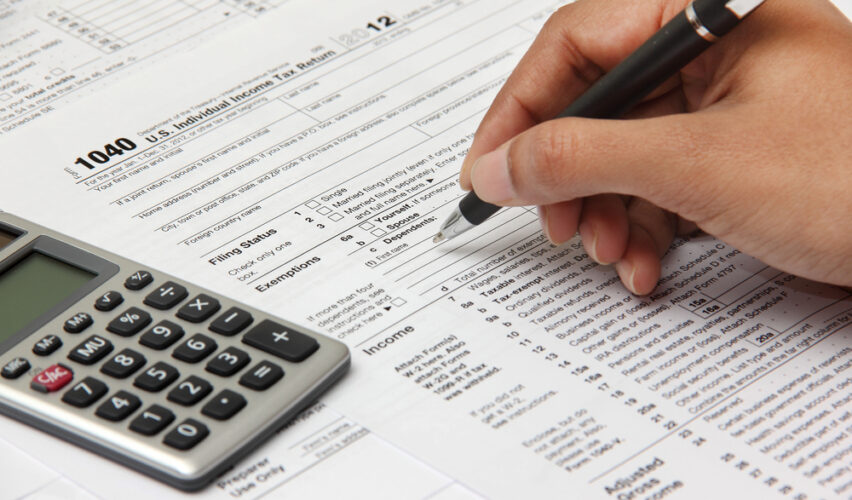Though the standard deduction for the 2023 tax year has likely made filing your taxes a bit easier, there are still a number of misleading myths that can result in making a mistake and getting unwanted attention from the Internal Revenue Service (IRS).
MYTH #1: If I Receive A Tax Refund, I Will Not Be Audited By The IRS
Not true. Whether or not you receive a Federal income tax refund, the IRS can audit your returns going back three years. In some cases, they can go back six years if they’ve identified a significant error. Your overall chance of being audited is less than 1-percent however the odds increase significantly for high earners.
MYTH #2: Money I Earn Selling Items On Auction Websites Is Not Taxable
Not true. The IRS has specific requirements for income received from online marketplaces. Online sellers who generate $20,000 or more in gross sales, with 200 or more transactions, usually receive a 1099-K form from payment card companies, payment apps and online marketplaces. Then again, if you’re selling used household items for less than what they originally cost you, you don’t have to report this income.
MYTH #3: Divorced Spouses Can Both Claim Their Kids On Their Tax Returns
Not true. Every individual child can only be claimed as a dependent by one taxpayer. For divorced or separated parents, the parent who has custody of the child for most of the year can claim the child. In some situations, the custodial parent may want to provide a written declaration to allow the non-custodial parent to claim the child as a dependent.
“According to the IRS, dependents are only qualifying children or qualifying relatives.”
MYTH #4: You Can Claim An Unemployed Spouse As Your Dependent
Not true. Spouses cannot be claimed as dependents. For tax purposes, they can either file as married and filing jointly or married and filing separately. According to the IRS, dependents are only qualifying children or qualifying relatives. Click here for more information about dependents.
Myth #5: My CPA Is Liable For Any Mistakes On My Tax Return
Not true. Whether or not you use a professional to prepare your tax returns, you are responsible for any mistakes because you sign your tax return. As a result, you’re the one who is liable for any IRS penalties. However, according to the IRS website, anyone who gets paid to prepare tax returns may also owe a penalty if they don’t follow tax laws, rules and regulations.
If you have questions about your tax returns, an FRC® trained advisor can connect you with a reputable tax professional in your area.


























